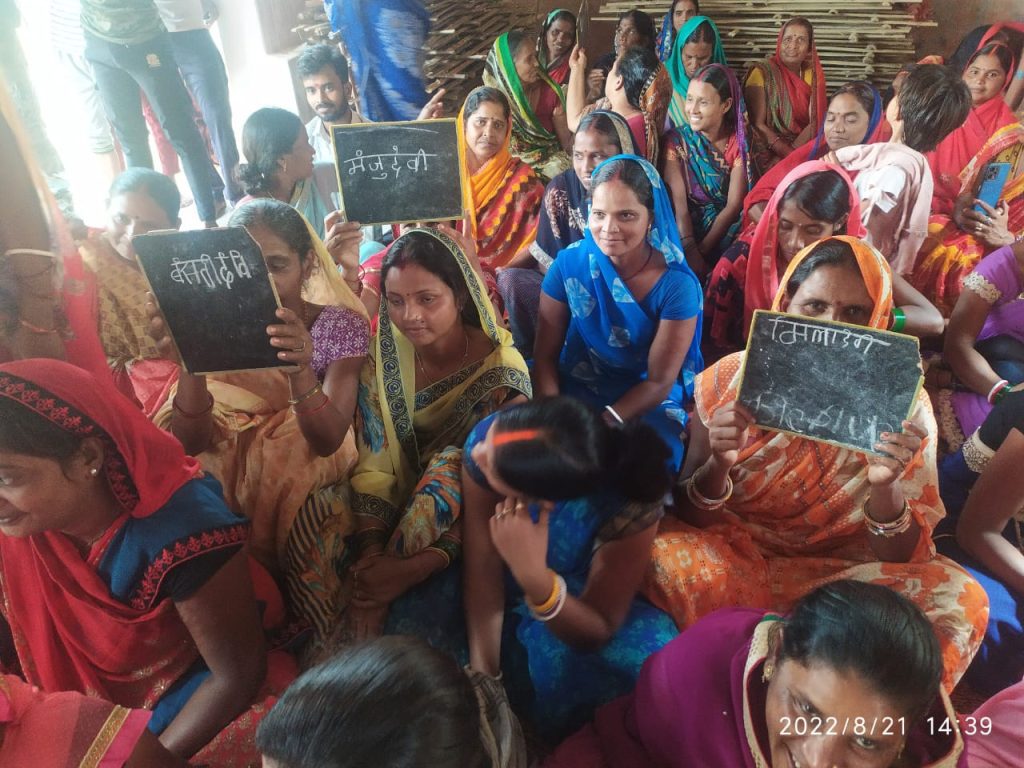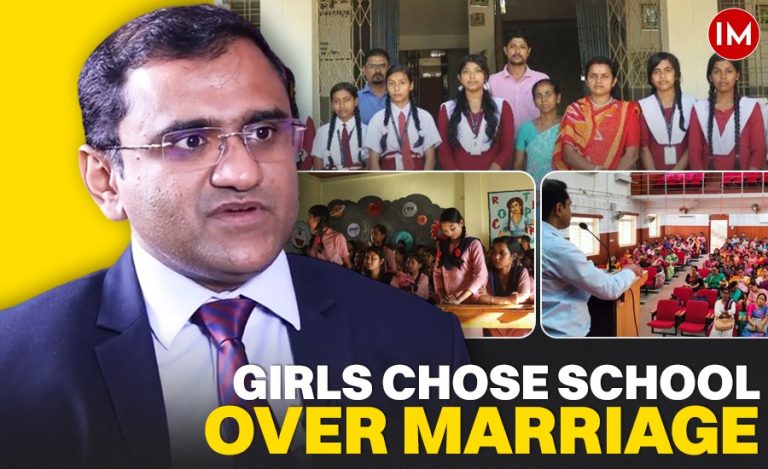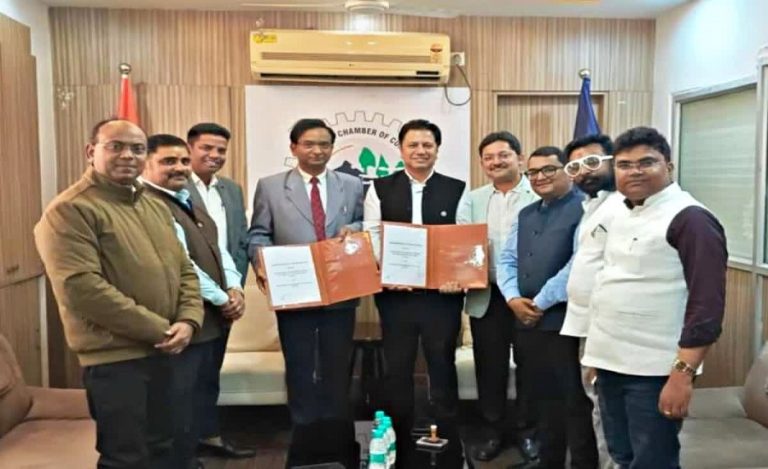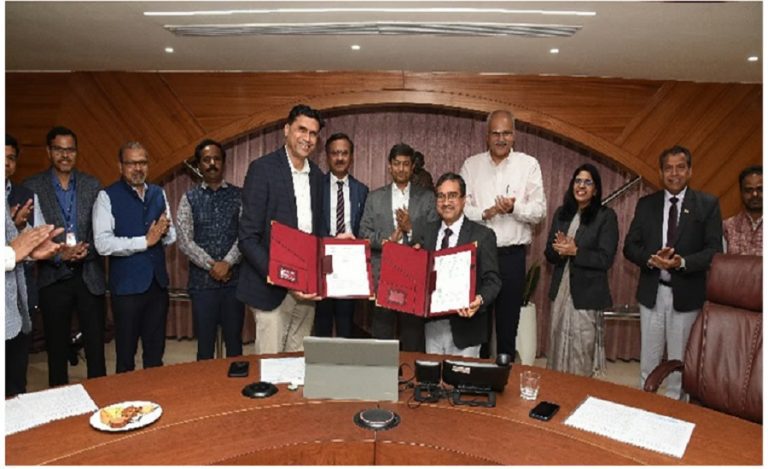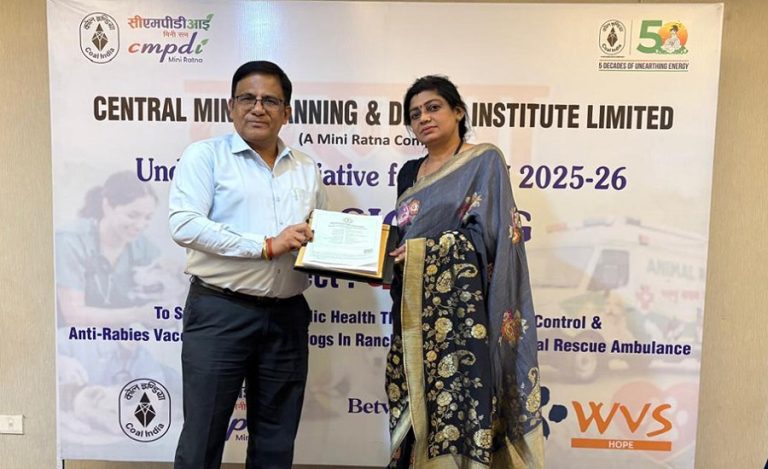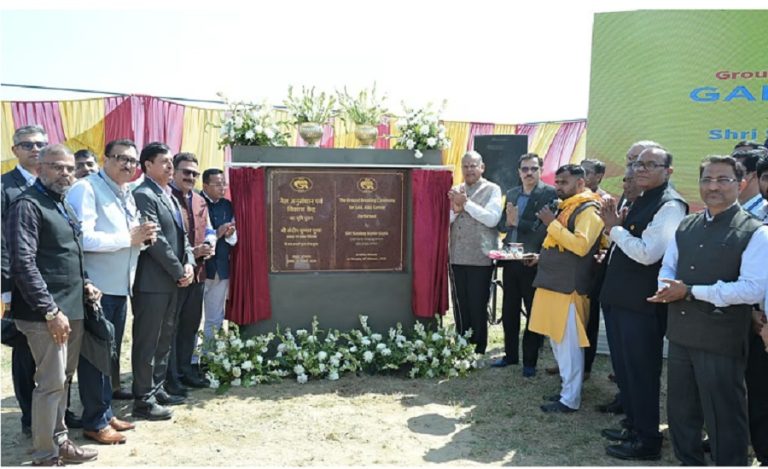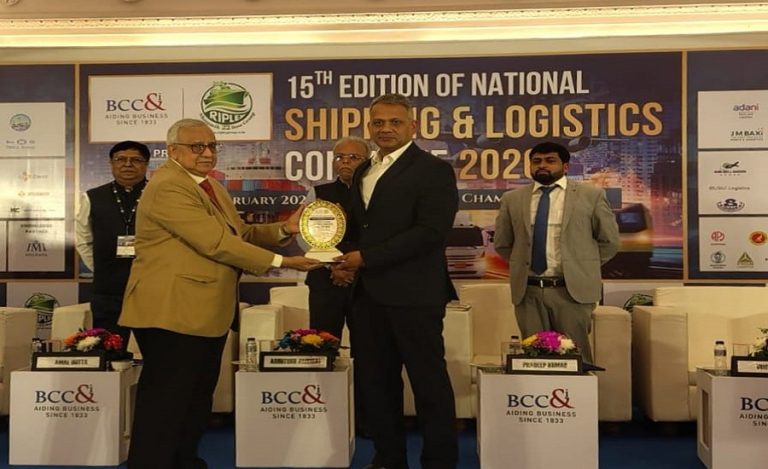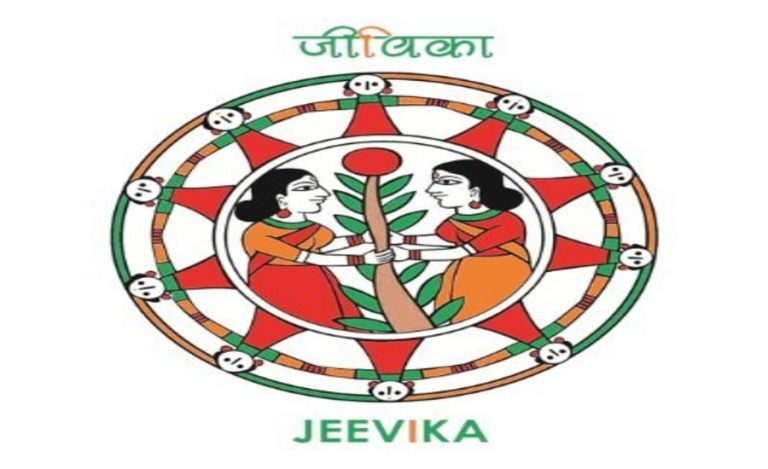As we take steps towards an Atmanirbhar Bharat, it is important for all sections of society to become self-sufficient, since it is a crucial step in regaining the ability to influence change and take charge of one’s own development.
As efforts to achieve this self-dependency through various projects and programs for the country continue, we have a narrative from the Koderma district in northern Jharkhand, where villages are consistently making efforts to become self-sufficient or swawlambi.
In an exclusive conversation with Indian Masterminds, IAS officer Aditya Ranjan, Deputy Commissioner, Koderma, shared details about a special project, on the occasion of International Literacy Day.
SWAWLAMBI GAON
Residents of Koderma have always been recognized as hard-working and close-knit communities. In the past, their cooperation and participation in different initiatives have resulted in small-scale improvements in the village. After visiting the villages of Koderma and engaging with the locals, Mr. Ranjan realized the potential of these villagers who genuinely wished to bring about a change in their standard of living and develop their villages.
The officer started conducting gram sabhas and ratri chopals where he interacted directly with the villagers, listened to their problems, and found solutions to them. The ideas and concerns raised by the villagers were an indicator of how eagerly they wanted to see their villages develop and what their idea for achieving this development would be.
“I realized that a village as a unit was capable of identifying its problems, planning its development, coming up with solutions, setting goals, and working collectively towards the set goals. However, they needed support in the form of resources, handholding, and the motivation to work towards this possibility. Thus, the ‘Swawlambi Gaon’ initiative with the tagline of ‘Humara Gaon, Humari Jimmedari’ was born,” Mr. Ranjan said.
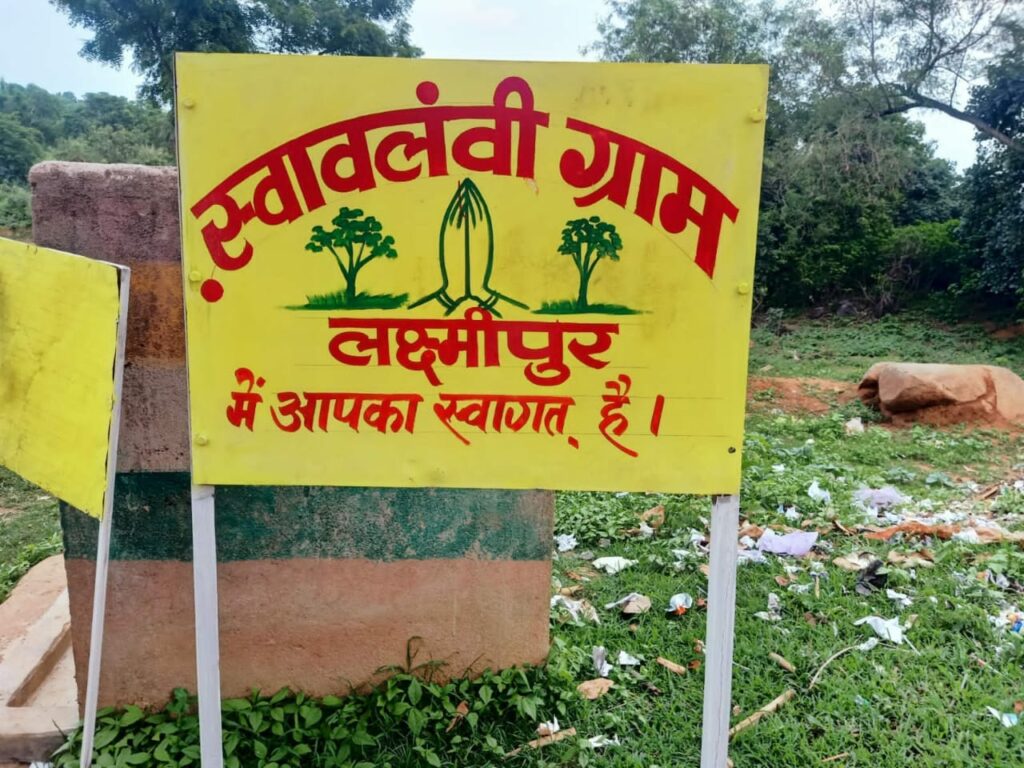
A LONG-TERM GOAL
However, working on the goals in a systematic manner to achieve their target, wasn’t a one-day job. The officer knew it would be a mammoth task and he would require the villagers’ support. The focal point of discussion in the ratri chopals was based on three aspects – personal hygiene, water conservation, and most importantly, education.
Understanding the importance of education for the villagers and to make everyone literate, the district administration decided to channelize their efforts into the ambitious goal of attaining full literacy in the villages, once the other two aspects are covered. This meant education for the population of all age groups: children, youth, elders, and seniors of the villages.
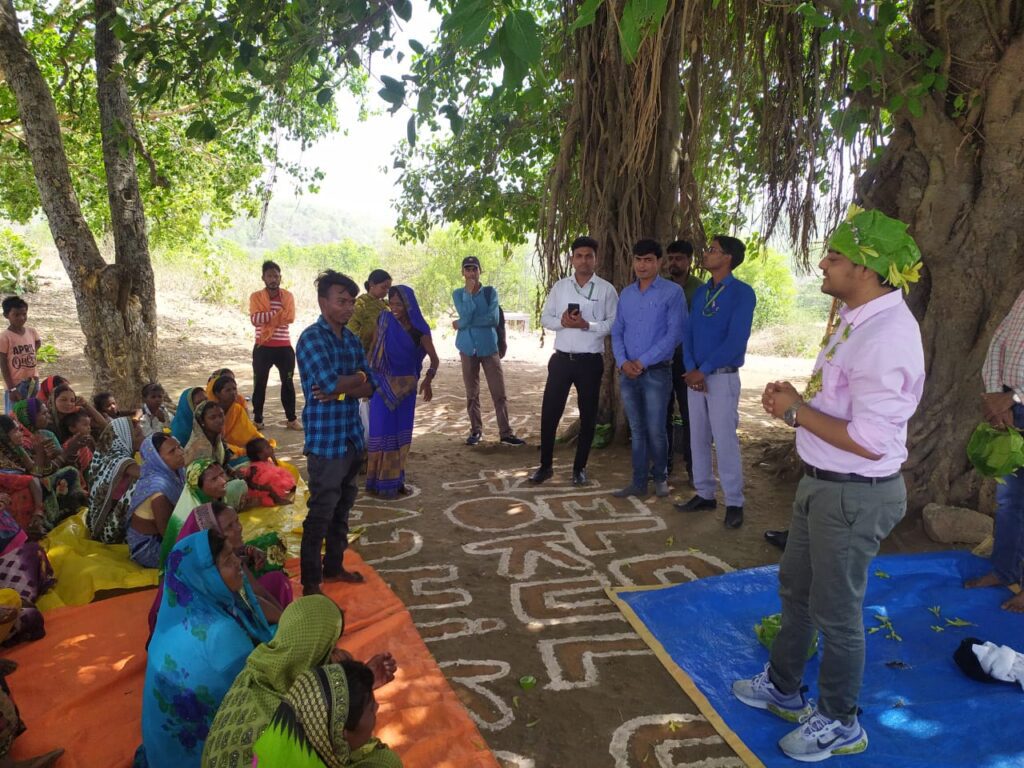
SHIKSHA SWAWLAMBAN
Referring to it as ‘shiksha swawlamban’, the officer and his team identified literate and educated individuals from the villages who were handed over the responsibility of motivating and educating their fellow villagers who didn’t have a strong hold on education. These individuals were tagged to a group of villagers who would begin their journey of literacy through their support.
Education centers were started within the existing infrastructure of the village. These centers witnessed villagers across all age groups visiting and taking regular classes, practicing writing on slates, notebooks, and even casually drawing alphabets on the sand.
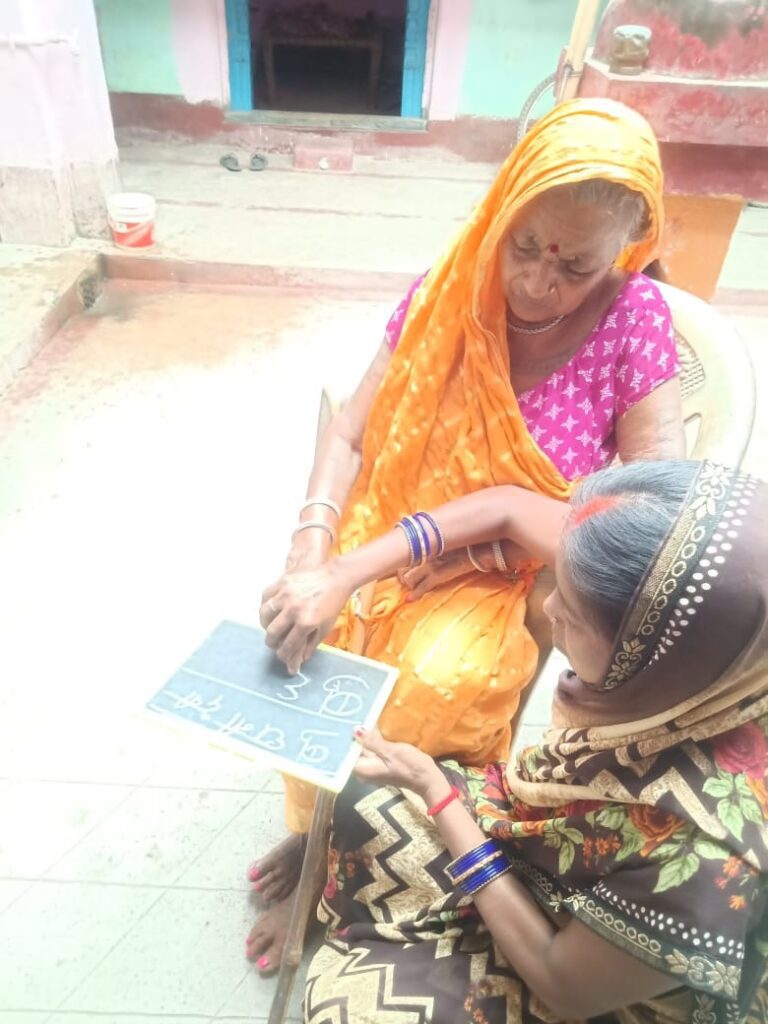
Without assigning any particular timings to the classes, the ‘teachers’ and the ‘students’ were free to learn as per their convenience. The educated individuals could attend their colleges in the morning and later coach the villagers by evening, absolutely free of cost.
“The program is done by the villagers, to the villagers, and for the villagers and has reaped great results. Since there is no time binding, persons who haven’t read or written a single word in their lives, could go and sit with the educated individuals at any time they wish, and learn to form alphabets and numbers,” Mr. Ranjan told Indian Masterminds.
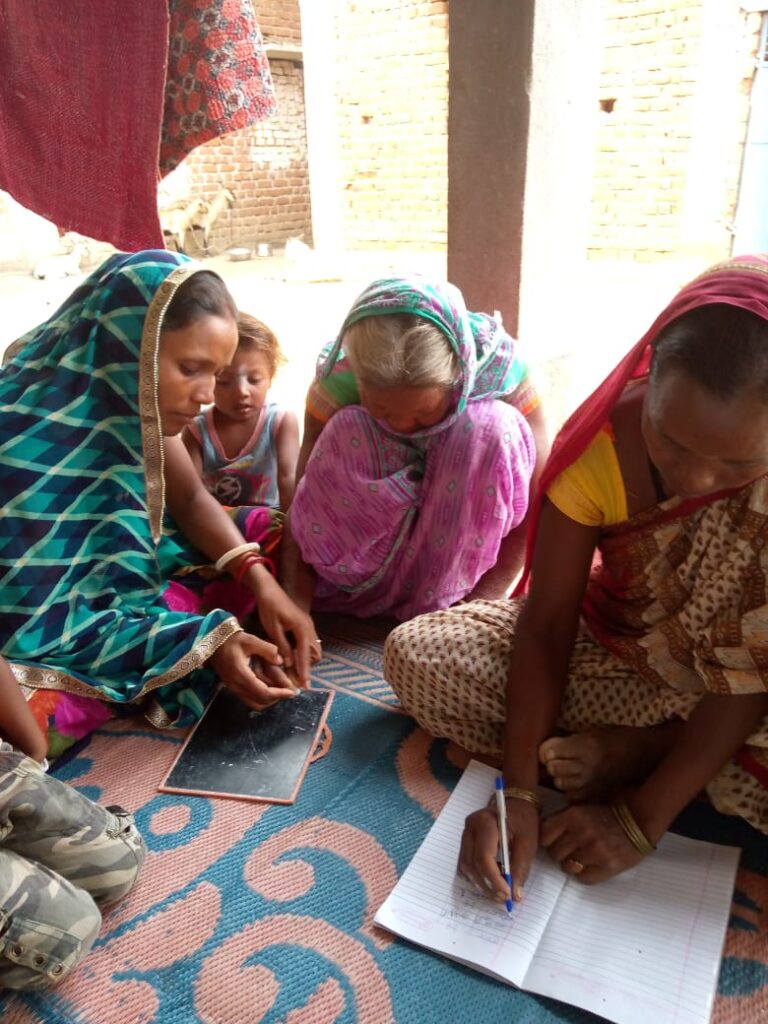
CATEGORIZING
The adult population was divided into three categories based on their present literacy level, under which groups of literate people, partially literate people (who could sign their names and read/write a little), and illiterate people (ones who couldn’t read a single word or write a single alphabet) were formed.
The people from the median category (partially literate) were roped in first and they were taught a little extra to bring in fluency to their reading and writing, which wasn’t present initially. Next, the illiterate people were tagged to educated members of the village who started their education journey with basics and helped them in learning to sign their name, first and foremost.
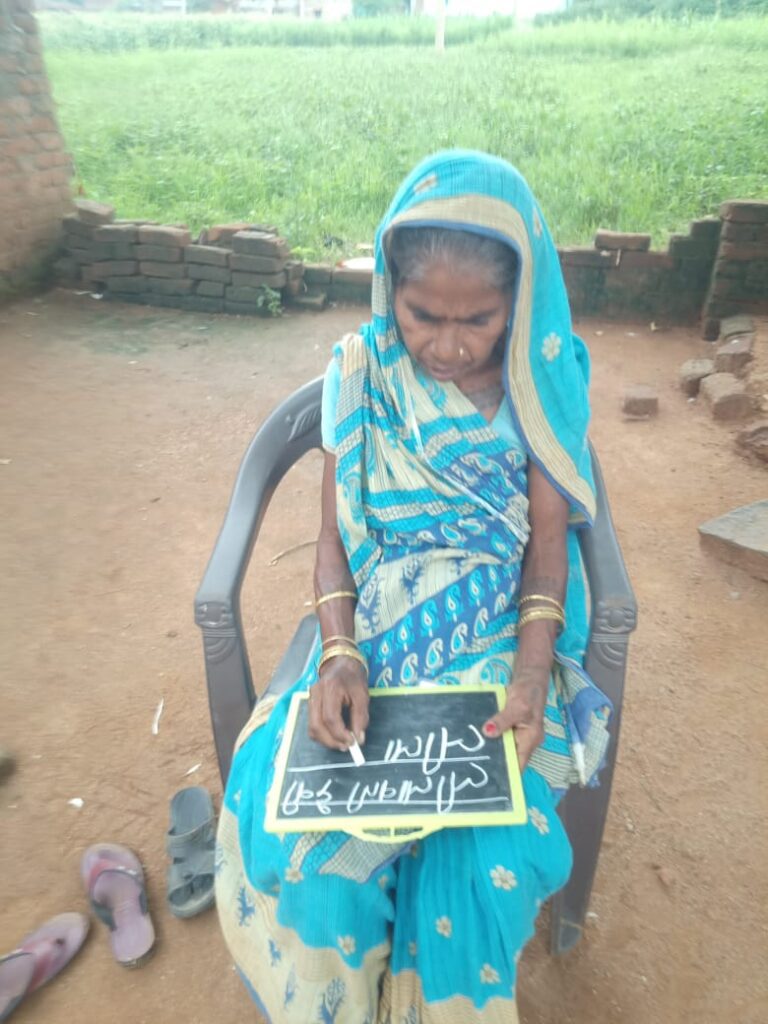
This way a mechanism of literacy program came into action which was entirely led by the villagers themselves. Every young, adult and senior citizen of the villages were personally educated by the literate volunteers. Even during ratri chopals, 30 minutes were taken out every day, for teaching and learning.
“To motivate them further, we gave two months’ time to each village and declared that after the span of two months, if any villager from that particular village, barring the sick and disabled, is unable to read or write their name, then the most literate person of the village will have to come to the gram sabha and the illiterate person will put his thumb impression on his forehead since it was his/her duty to educate that person. Surprisingly, this has worked wonders because everyone has taken up the responsibility to teach every person in the village,” Mr. Ranjan said.
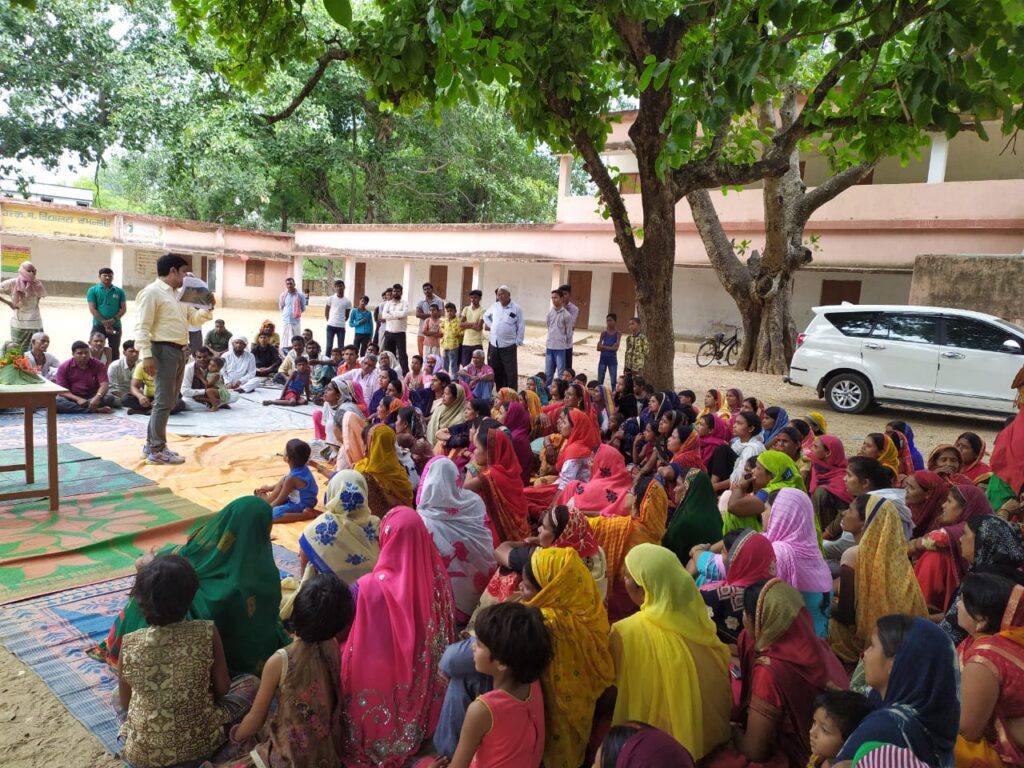
SUCCESSFUL MISSION
This well-thought-out and unique intervention by the villagers has resulted in 50 villages of the district achieving 100% literacy by 8th September 2022, which coincides with International Literacy Day and calls for a bigger celebration.
Having achieved a milestone like this, Koderma becomes one of the first districts in India to have these many villages where all its adult population can now confidently sign their names in different languages. Many are progressing towards getting comfortable with reading and writing new words as well.
The initiative was ideated by Mr. Ranjan with a vision of having no individual left illiterate in the district. Under his guidance and the continued efforts of his team and the enthusiastic villagers, so far, they have successfully achieved full literacy in 50 villages, as on 8 September 2022.
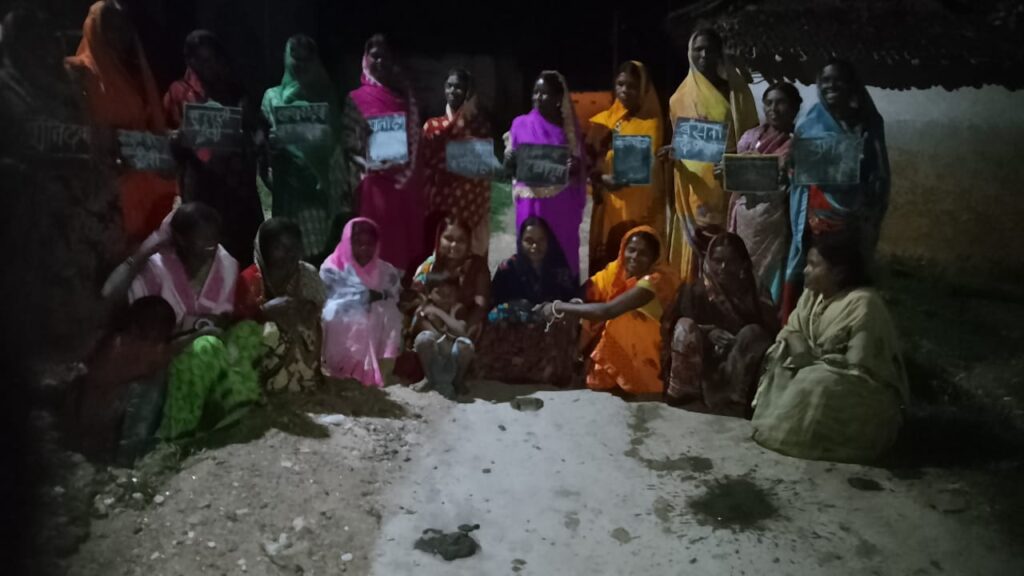
Having witnessed the positive change that the literacy program brought to the population, they plan on increasing this number to 100 villages by 15 November 2022 and an ambitious target of 200 villages by 26 January 2023 is also on the roadmap.
Indian Masterminds wishes all a very happy International Literacy Day.

